What beam angle is best for stage wash LED lights? | Insights by LQE
- Understanding Beam Angles in Stage Wash LED Lights
- 1. What is a Beam Angle?
- 2. How Do Beam Angles Affect Stage Lighting?
- 3. How Do I Choose the Right Beam Angle for My Stage?
- 4. How Do Beam Angles Impact Lighting Intensity?
- 5. Can Beam Angles Be Adjusted on LED Wash Lights?
- 6. How Do Beam Angles Affect Color Mixing?
- 7. What Are Common Mistakes When Choosing Beam Angles?
- 8. How Do Beam Angles Affect Energy Efficiency?
- 9. How Do Beam Angles Influence Visual Comfort?
- 10. How Do Beam Angles Affect Fixture Spacing?
- Conclusion
- LQE's Advantages in LED Stage Lighting
Understanding Beam Angles in Stage Wash LED Lights
When designing stage lighting, selecting the appropriate beam angle for LED wash lights is essential to achieve the desired visual effects and coverage. The beam angle determines how light spreads across the stage, influencing both the intensity and distribution of illumination. This guide addresses common questions to assist in making informed decisions.
1. What is a Beam Angle?
The beam angle refers to the width of the light emitted from a fixture, measured in degrees. It dictates how concentrated or dispersed the light is, affecting the coverage area and intensity.
2. How Do Beam Angles Affect Stage Lighting?
Narrow Beam Angles (10°–30°): Provide focused, intense light, ideal for highlighting specific performers or objects.
Medium Beam Angles (30°–60°): Offer a balanced spread, suitable for general stage lighting and accentuating multiple performers.
Wide Beam Angles (60°+): Deliver broad coverage, perfect for ambient lighting or background washes.
3. How Do I Choose the Right Beam Angle for My Stage?
Consider the following factors:
Venue Size: For small stages (10–20 ft wide), narrow or medium beams are sufficient. Medium to wide beams are better for larger stages (20–40 ft wide) to ensure uniform lighting.
Stage Setup: Use narrow beams to focus on key performers and wide beams for overall stage illumination. Combining both can create depth and visual interest.
Event Type: Concerts may benefit from dynamic, narrow beams for performers and wide beams for audience and background. Theaters often require precise lighting with a mix of narrow and medium beams for dramatic effects.
4. How Do Beam Angles Impact Lighting Intensity?
Narrower beam angles concentrate light, increasing intensity on specific areas, while wider beam angles distribute light over a larger area, reducing intensity but providing more uniform coverage.
5. Can Beam Angles Be Adjusted on LED Wash Lights?
Many modern LED wash lights offer adjustable beam angles, allowing for flexibility in lighting design. This feature enables lighting designers to adapt to different stage setups and performance requirements.
6. How Do Beam Angles Affect Color Mixing?
Proper beam angle selection ensures even color mixing. Wide beams help prevent color shadows, while narrow beams can emphasize specific hues. This is particularly important for RGB and RGBW LED lights, where color accuracy is crucial.
7. What Are Common Mistakes When Choosing Beam Angles?
Using Too Narrow a Beam for a Large Stage: Leads to uneven coverage and dark spots.
Using Too Wide a Beam for a Small Stage: Results in low intensity and insufficient focus.
Ignoring Height and Distance: Misjudging these can cause hotspots or shadows.
Not Considering Color Mixing: Can lead to uneven RGB effects.
Overlooking Manufacturer Specifications: May result in poor fit for intended use.
8. How Do Beam Angles Affect Energy Efficiency?
Concentrated beams (narrow angles) can reduce wasted light, making energy consumption more efficient. However, the choice should align with the desired lighting effect and coverage area.
9. How Do Beam Angles Influence Visual Comfort?
Wider beam angles distribute light more evenly, reducing glare and enhancing visual comfort. Narrow beams can create intense highlights but may cause discomfort if not properly managed.
10. How Do Beam Angles Affect Fixture Spacing?
Larger beam angles allow for wider spacing between fixtures, reducing installation costs and creating a more streamlined appearance. Narrower beam angles require closer spacing to ensure overlapping light coverage, which may necessitate more fixtures and increase installation expenses.
Conclusion
Selecting the appropriate beam angle for your LED wash lights is crucial for achieving the desired lighting effects and ensuring visual comfort. By considering factors such as venue size, stage setup, event type, and energy efficiency, you can make informed decisions that enhance the overall performance and ambiance of your event.
LQE's Advantages in LED Stage Lighting
LQE offers a range of LED stage lighting solutions designed to meet diverse performance needs. Their products feature adjustable beam angles, allowing for flexibility in lighting design. With a focus on energy efficiency and visual comfort, LQE's fixtures are engineered to deliver high-quality illumination while reducing operational costs. Their commitment to innovation and quality makes them a reliable choice for professional lighting applications.
**
1000w
What Is the Warranty Offered by LQE Lighting?
LQE lighting offers a comprehensive 1-year warranty and spare parts on its products, giving customers peace of mind and investment protection.
Does LQE Offer a Stage Light Design Solution?
LQE experienced team glad to supply a stage lighting configuration design solution or suggestion for projector who don’t have much experience in lighting design, project, theatre and studio.
Distributor
Is there a minimum order quantity (MOQ) to become a distributor?
MOQ requirements vary based on the product line and market region. However, for long-term distribution partnerships, we are flexible and can start with a trial order to build trust.
How can I apply to become a distributor?
Simply fill out the contact form on this page or email us directly with your company information, market background, and cooperation intention. Our sales team will get in touch with you within 1–2 business days.
What types of companies can become LQE distributors?
We welcome partnerships with companies that have experience in the entertainment, AV, lighting, or stage equipment industries. Whether you are a local reseller, importer, system integrator, or project contractor, we are open to exploring win-win cooperation.
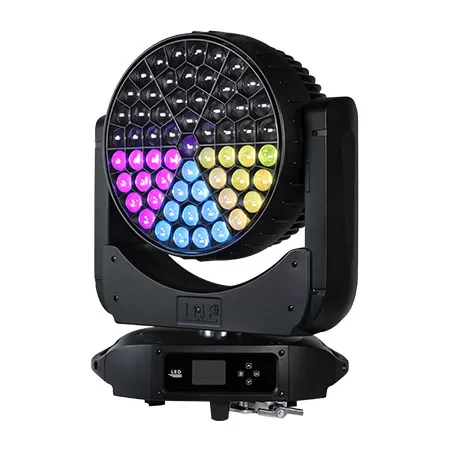
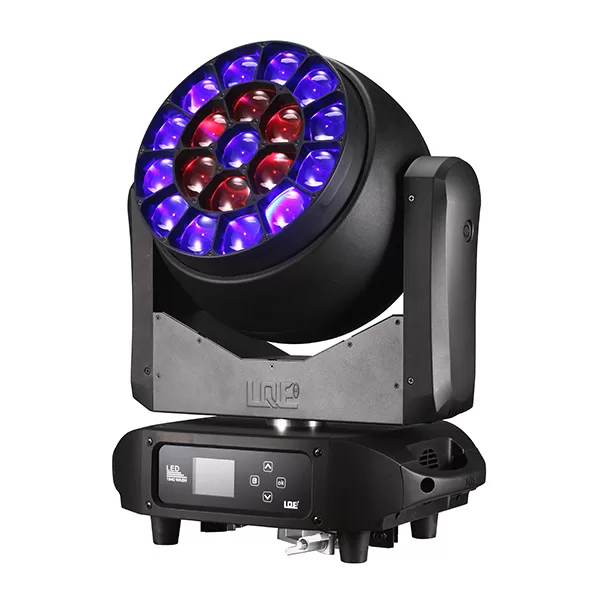
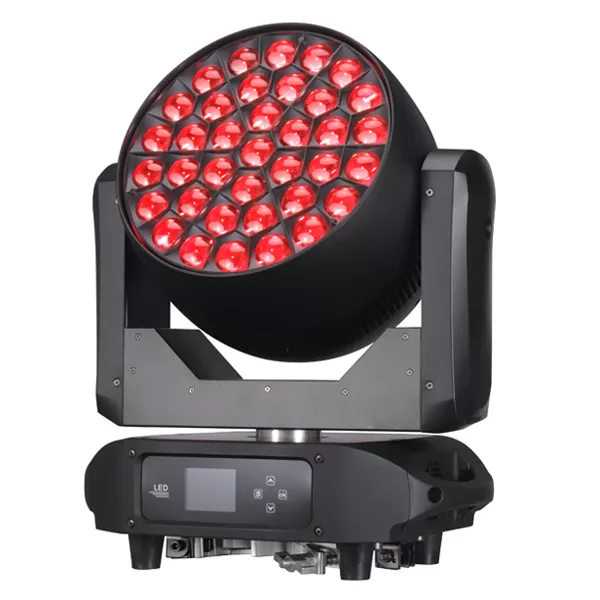
Want to learn more information?
[Reach out to us and receive professional guidance, a personalized quote, and the best solution for your needs.]

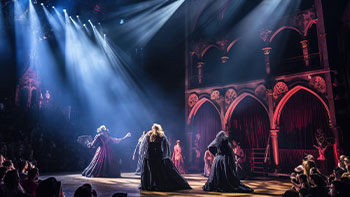
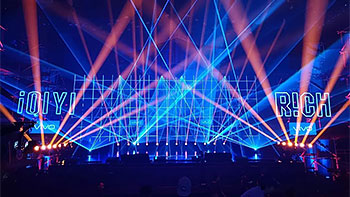
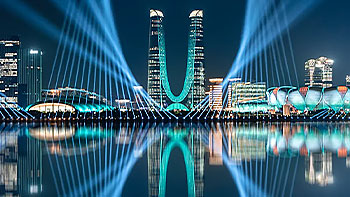
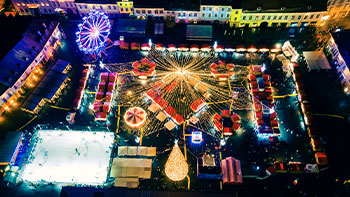
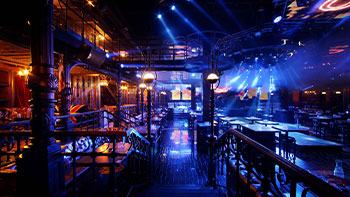
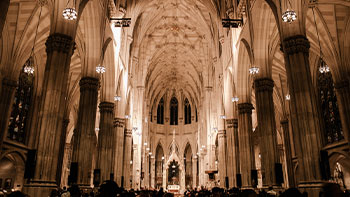






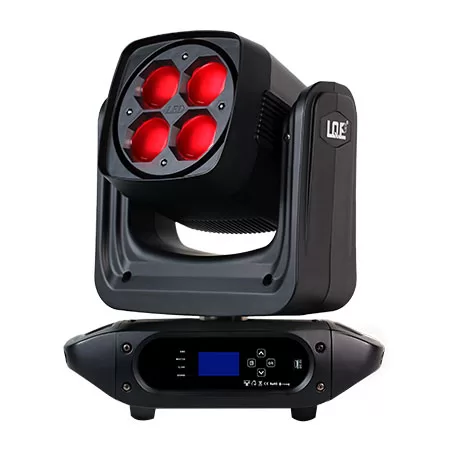
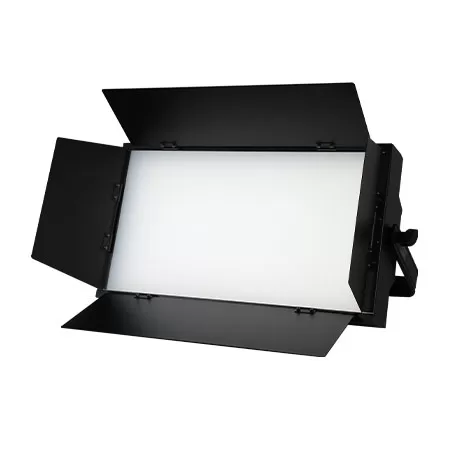
Linkedin
YouTube
Whatsapp: +8618924548390
TikTok